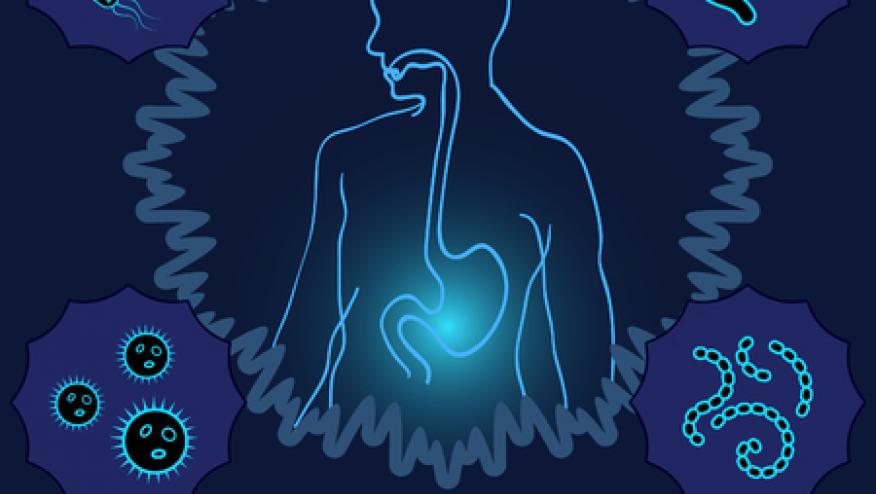Salt Drives Gut-Brain Connection via IL-17 Save

A study from Nature Neuroscience shows that a high salt diet may mediate neurovascular disease by altering microbiome and the expansion of TH17 cells in the small intestine, thereby increasing plasma interleukin-17 (IL-17) and its subsequent effects on endothelium in the brain.
While studies have suggested that salt may be linked to increased risk of cerebrovascular diseases and dementia, the mechanisms have not been elucidated.
Researchers showed that mice fed a high salt diet had suppressed cerebral blood flow and endothelial function, leading to cognitive impairment and a decrease in blood flow to the cortex and hippocampus.
This was shown to be dependent on expansion of TH17 cells in the small intestine, resulting in a marked increase in plasma interleukin-17 (IL-17). Circulating IL-17 mediates endothelial dysfunction and cognitive impairment by the Rho kinase–dependent inhibitory phosphorylation of endothelial nitric oxide synthase and reduced nitric oxide production in cerebral endothelial cells.
When the high-salt diet was discontinued, the cognitive performance of mice was restored.
The findings reveal a new gut–brain axis linking dietary habits to cognitive impairment through a gut-initiated adaptive immune response compromising brain function via circulating IL-17.
Such findings may extend beyond neurologic disorders and may impact diseases such as rheumatoid arthritis, psoriasis and inflammatory bowel disease, as each of these are markedly impacted by Th17 cells and IL-17.







If you are a health practitioner, you may Login/Register to comment.
Due to the nature of these comment forums, only health practitioners are allowed to comment at this time.